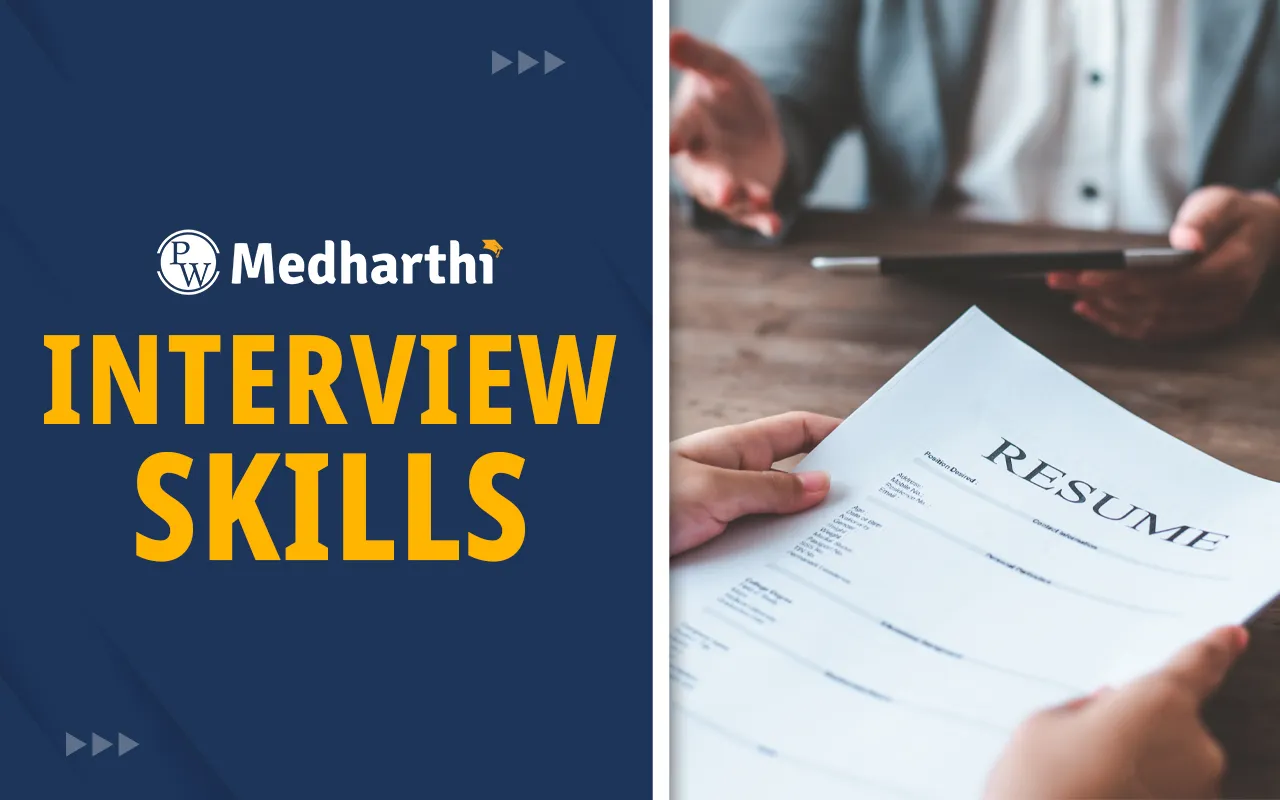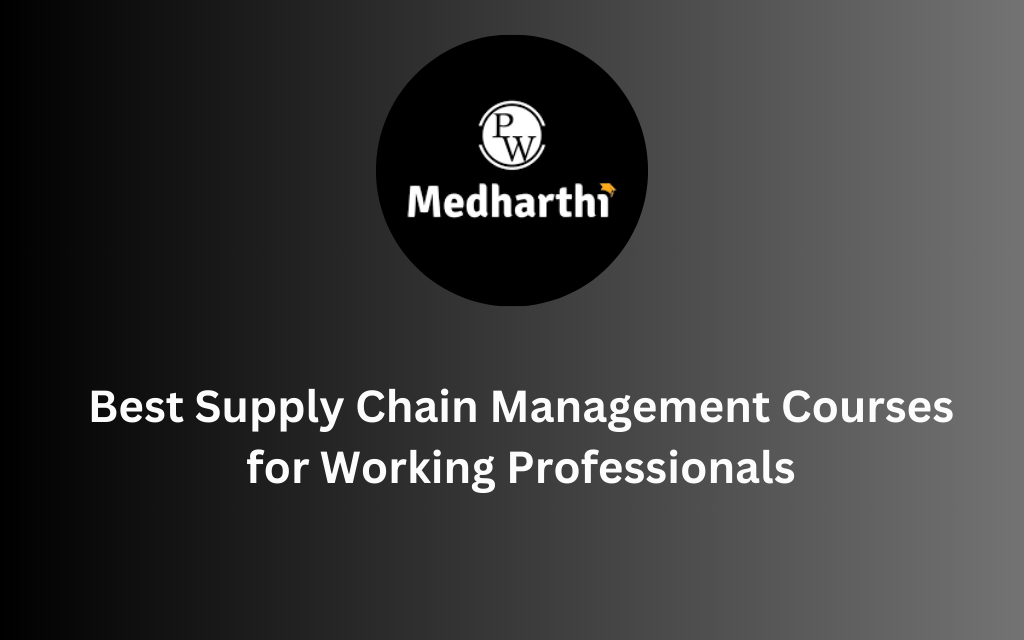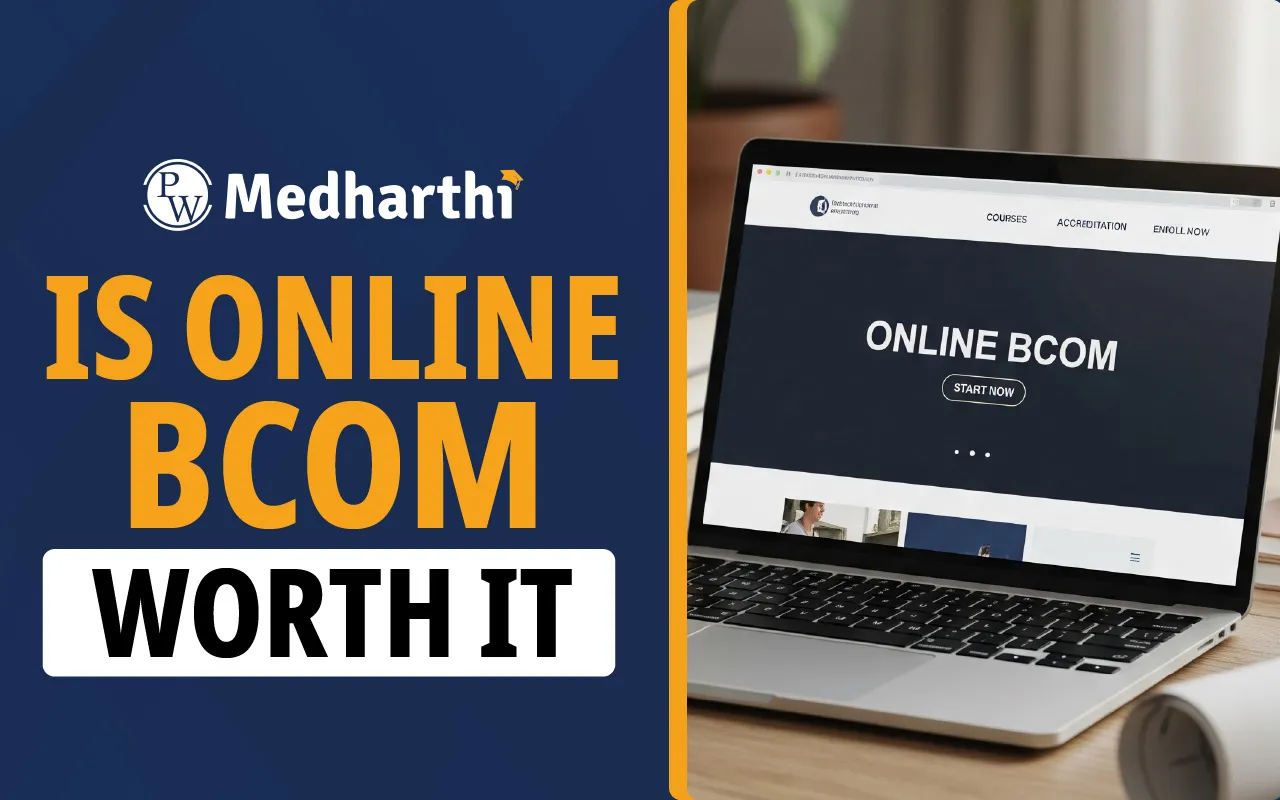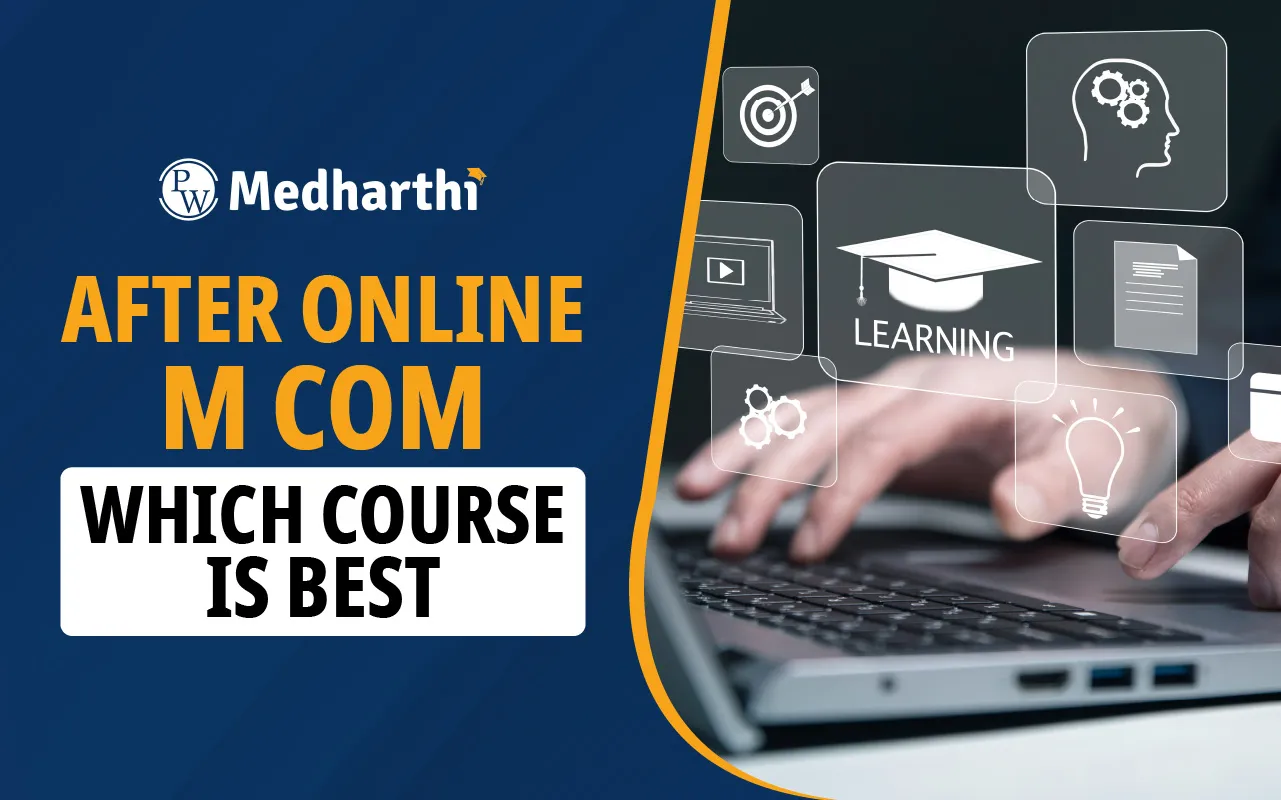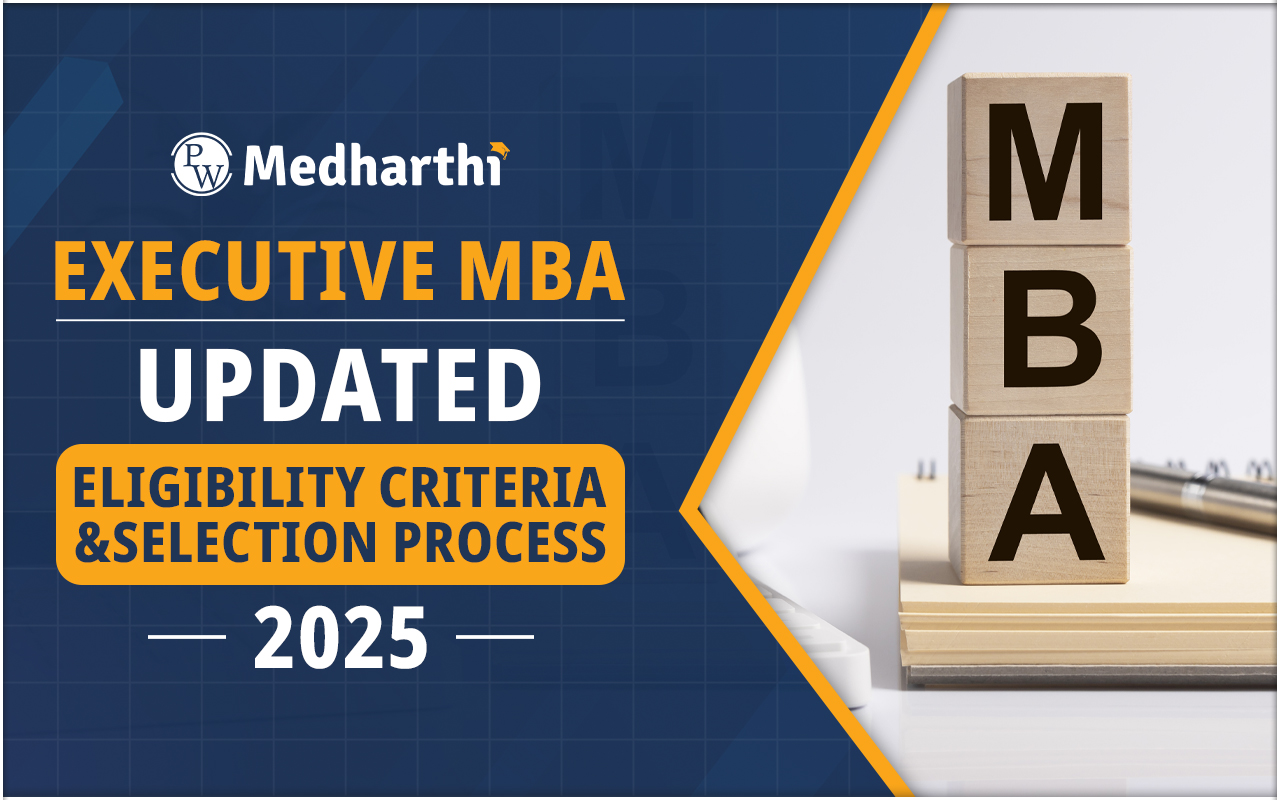
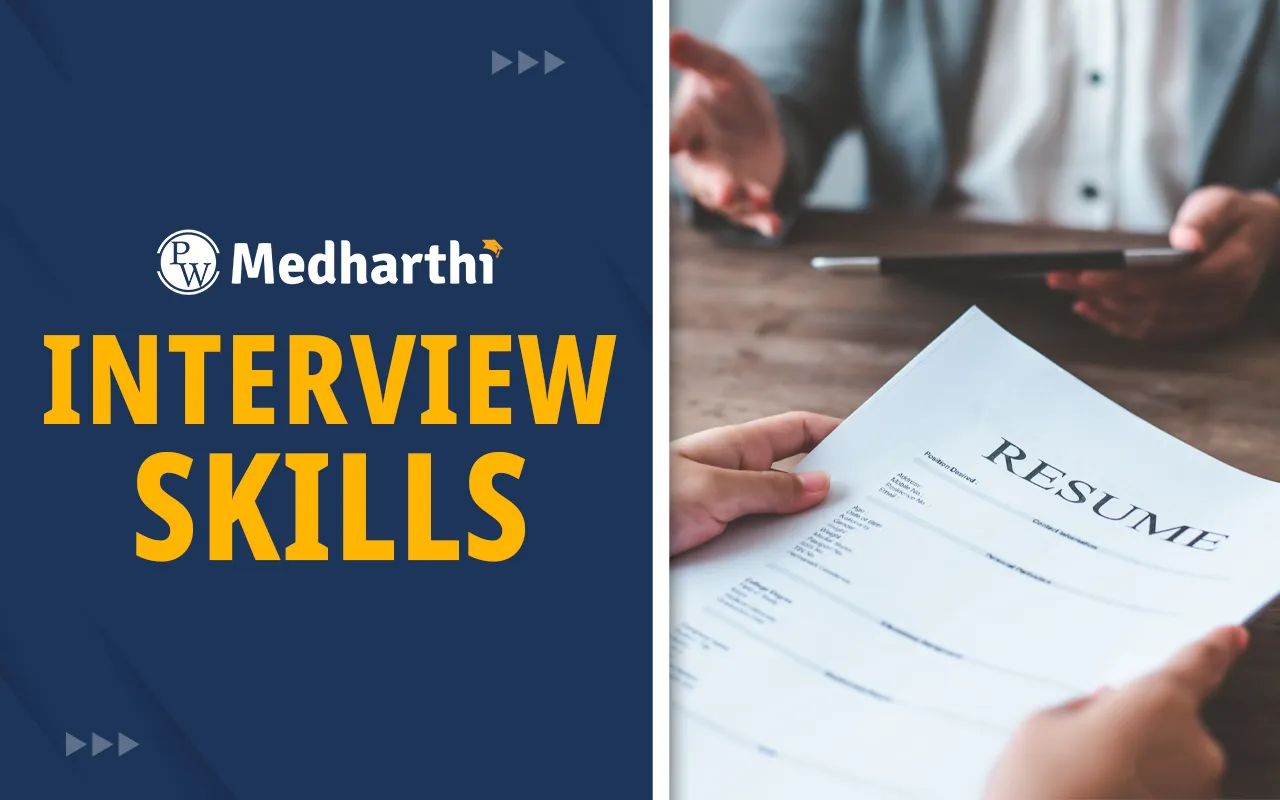
Interviews are pivotal moments that often determine the trajectory of an individual’s professional life. Whether applying for a first job, seeking a promotion, or switching careers, interview skills play a vital role in making a strong impression and securing desired positions. Developing effective interview skills involves preparation, communication, presentation, and follow-up strategies. Outlined here are the key interview skills that every candidate must possess to excel in a competitive job market.
Interview Skills for You to Master
To succeed in any professional opportunity, mastering essential interview skills is crucial. These abilities not only reflect your competence but also shape the first impression you leave on potential employers. Below are some of the interview skills that can help you in long learn to create long-lasting impressions.
1. Understanding the Interview Format
Before attending any interview, it is essential to understand the format. Interviews can be conducted in various forms: in-person, telephonic, video-based, or panel interviews. Each format requires specific adjustments in approach:
-
In-Person Interviews: Emphasize personal presentation and body language.
-
Telephonic Interviews: Focus on voice clarity, tone, and active listening.
-
Video Interviews: Ensure technical readiness, good lighting, and a neutral background.
-
Panel Interviews: Address all members respectfully and manage eye contact effectively.
2. Research and Preparation
One of the most critical interview skills is thorough preparation. This begins with researching the company’s history, mission, values, products or services, industry standing, and recent developments. Understanding the employer’s expectations enables tailored responses during the interview. Additionally, review the job description meticulously. Identify the required qualifications, skills, and experience, and prepare to match your competencies accordingly. Prepare answers for common questions such as:
-
“Tell me about yourself.”
-
“What are your strengths and weaknesses?”
-
“Why do you want to work here?”
-
“Where do you see yourself in five years?”
3. Crafting a Strong First Impression
The first few minutes of an interview can set the tone for the rest of the conversation. Professional attire, punctuality, and courteous behavior contribute significantly to a positive first impression. Greet the interviewer with a firm handshake, maintain appropriate eye contact, and exhibit a confident demeanor. Non-verbal cues such as posture, gestures, and facial expressions also influence perceptions. A composed, attentive, and engaged presence communicates professionalism and readiness.
4. Effective Communication Skills
Clear and concise communication is central to a successful interview. Candidates should articulate thoughts logically and avoid rambling or using filler words. Listening actively is equally important—allow the interviewer to complete their questions before responding, and seek clarification if necessary.
Key aspects of effective communication include:
-
Verbal clarity: Speak clearly with appropriate tone and volume.
-
Vocabulary: Use professional language while avoiding jargon.
-
Confidence: Exhibit assurance without arrogance.
-
Enthusiasm: Show genuine interest in the role and the organization.
5. Highlighting Relevant Achievements
Interviewers seek candidates who can add value to their organization. Thus, it is crucial to highlight accomplishments that demonstrate relevant skills and experience. Use the STAR method (Situation, Task, Action, Result) to structure answers, especially for behavioral questions.
For example:
-
Situation: Describe the context.
-
Task: Explain your responsibility.
-
Action: Detail the steps taken.
-
Result: Share the outcome.
6. Asking Insightful Questions
Interviews are two-way conversations. Asking thoughtful questions at the end of the interview reflects genuine interest and helps assess the organization’s suitability. Consider questions such as:
-
“What does success look like in this role?”
-
“What are the team’s biggest challenges currently?”
-
“How is performance typically measured?”
-
“What are the next steps in the hiring process?”
7. Managing Difficult Questions
Interviewers often pose challenging questions to assess a candidate’s problem-solving ability and composure. Common examples include:
-
“What is your greatest weakness?”
-
“Describe a time you failed and how you handled it.”
-
“Why should we hire you over other candidates?”
Answer such questions with honesty and a focus on growth. For instance, while discussing weaknesses, mention steps taken to overcome them. Displaying self-awareness and resilience leaves a positive impression.
8. Demonstrating Cultural Fit
Employers seek candidates who align with the company’s culture and values. Demonstrating this alignment increases your chances of being selected. Highlight experiences that show collaboration, adaptability, ethical behavior, and a commitment to professional development.
Review the company’s social media profiles, employee testimonials, and core values beforehand. Tailor your responses to reflect shared principles and workplace compatibility.
9. Follow-Up and Professional Etiquette
Post-interview follow-up is an often overlooked but vital part of interview skills. Send a brief thank-you email within 24 hours, expressing gratitude for the opportunity and reiterating your interest in the role. A courteous follow-up reinforces professionalism and keeps you at the top of your mind.
Example:
Dear [Interviewer’s Name],
Thank you for the opportunity to discuss the [Job Title] position at [Company Name]. I appreciated learning more about your team’s vision and the role’s impact. I remain very enthusiastic about the possibility of contributing to [specific detail discussed].
Best regards,
[Your Name]
10. Continuous Improvement
Interview skills are honed through practice and reflection. After each interview, assess what went well and identify areas for improvement. Seek feedback when possible, and consider working with a mentor or career coach. Additionally, stay updated with industry trends, refine your resume, and attend networking events to maintain readiness for new opportunities. Repeated exposure to interview scenarios builds confidence and enhances performance over time.
| Online Degree Important Links | |
| Online MCA Programs in India | Online BCom Course |
| Online MCA Course | Online Degree Programs |
| Regular Degree Vs Distance Degree | BA Online Registration |
Interview Skills FAQs
What are the most important interview skills?
How can I prepare for an interview?
What should I wear to an interview?
How do I answer Tell me about yourself?
What is the STAR method in interviews?

